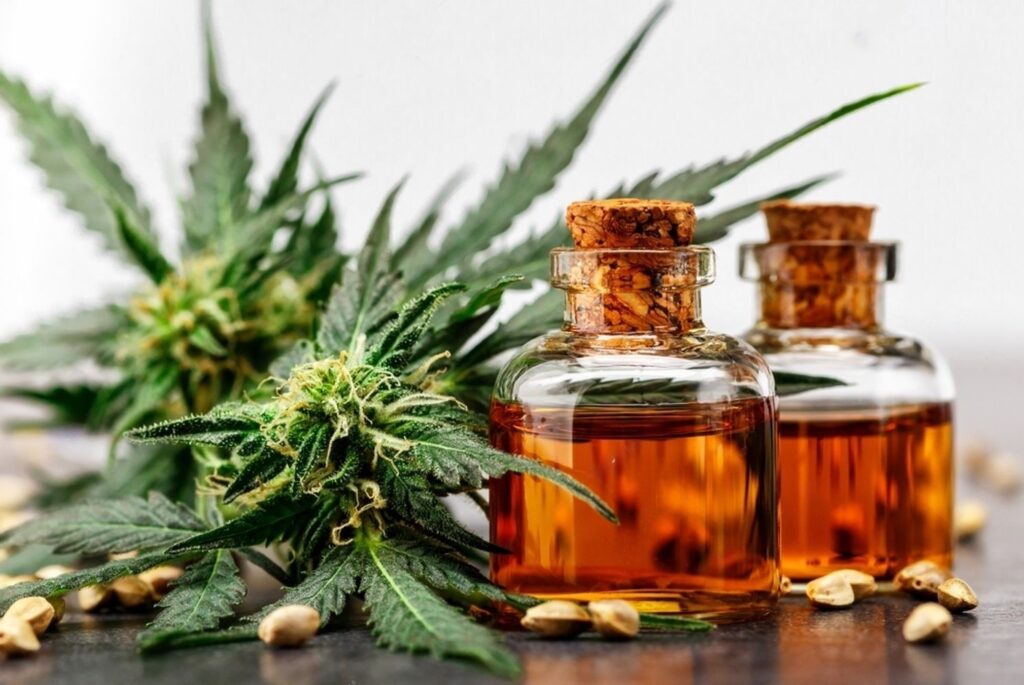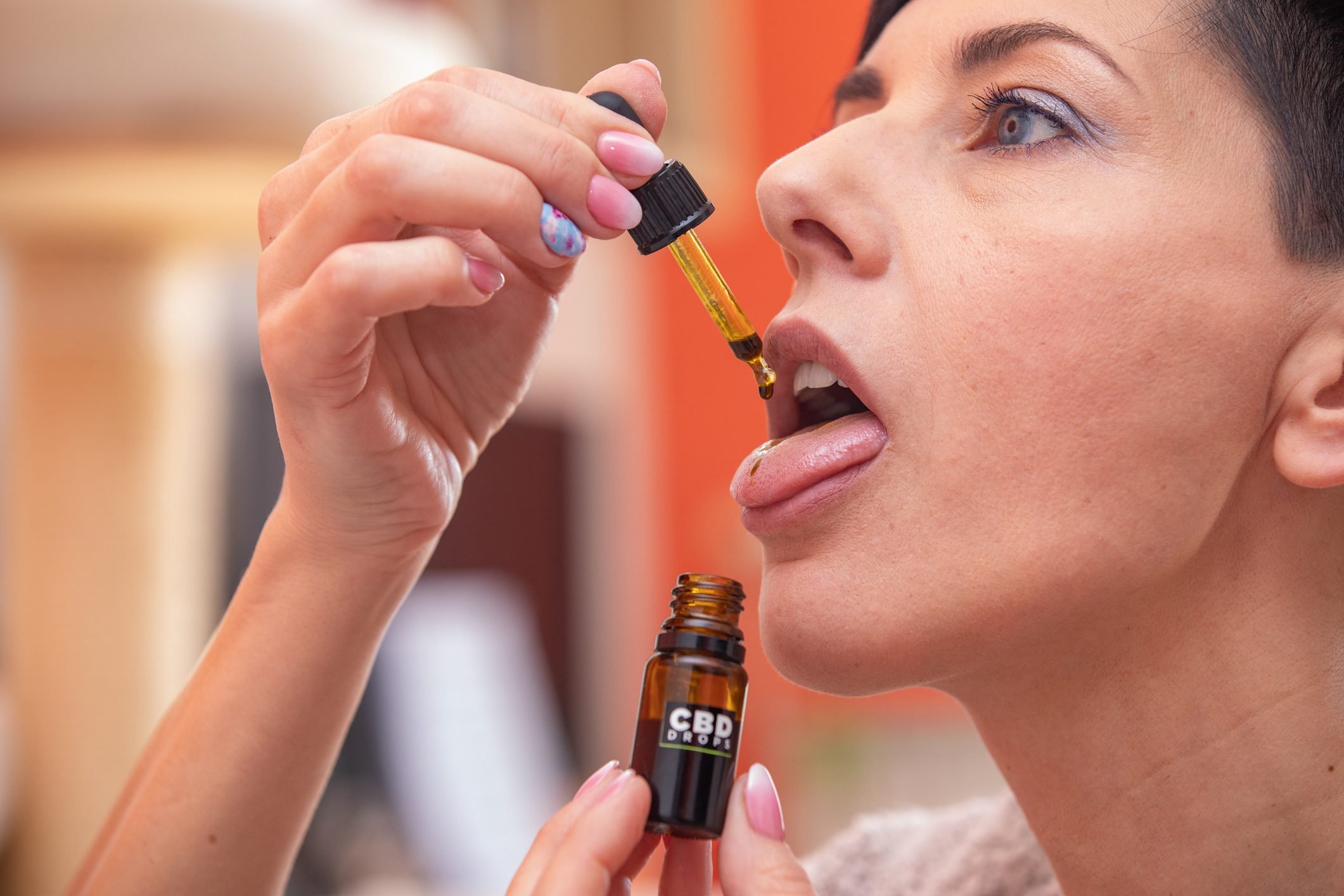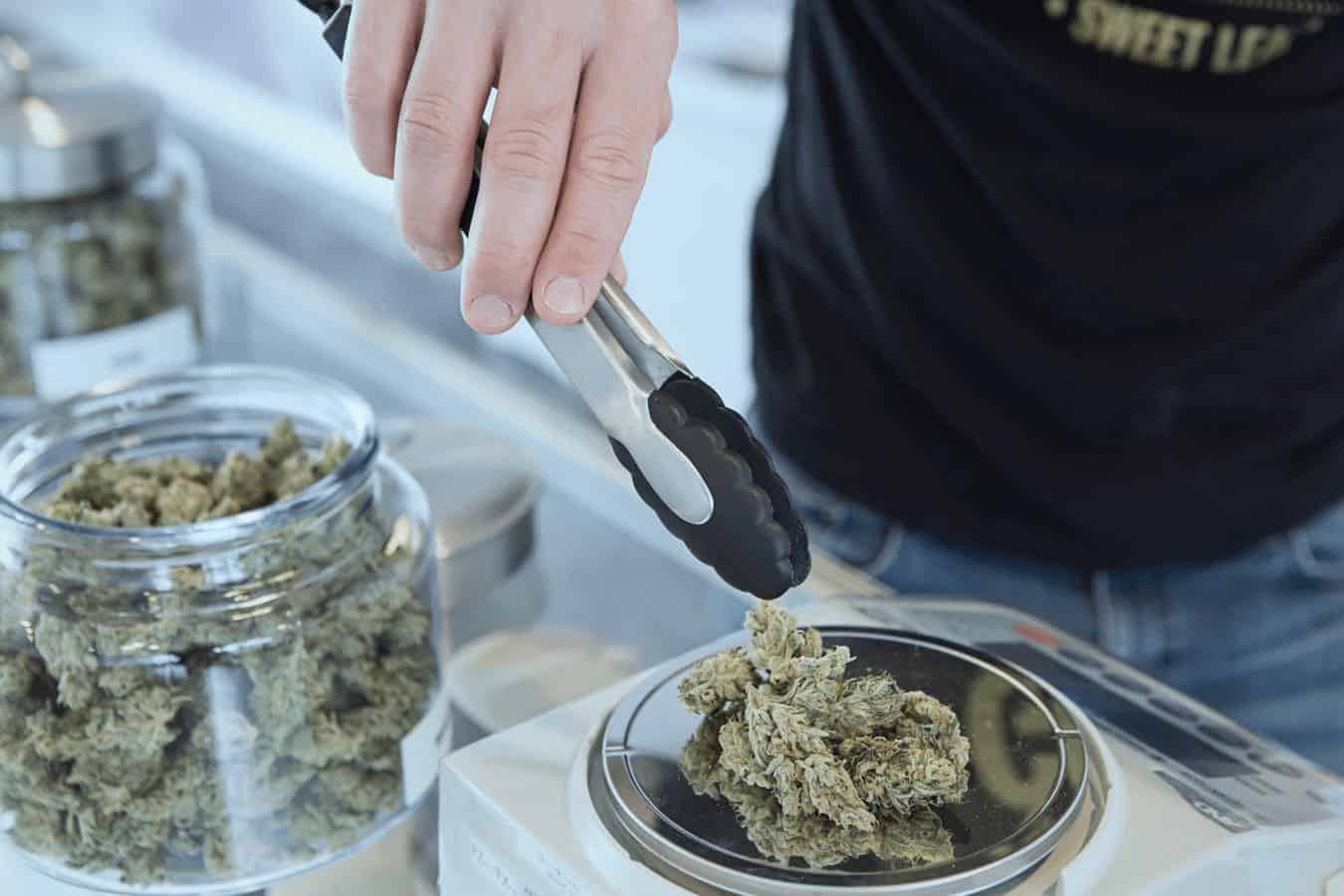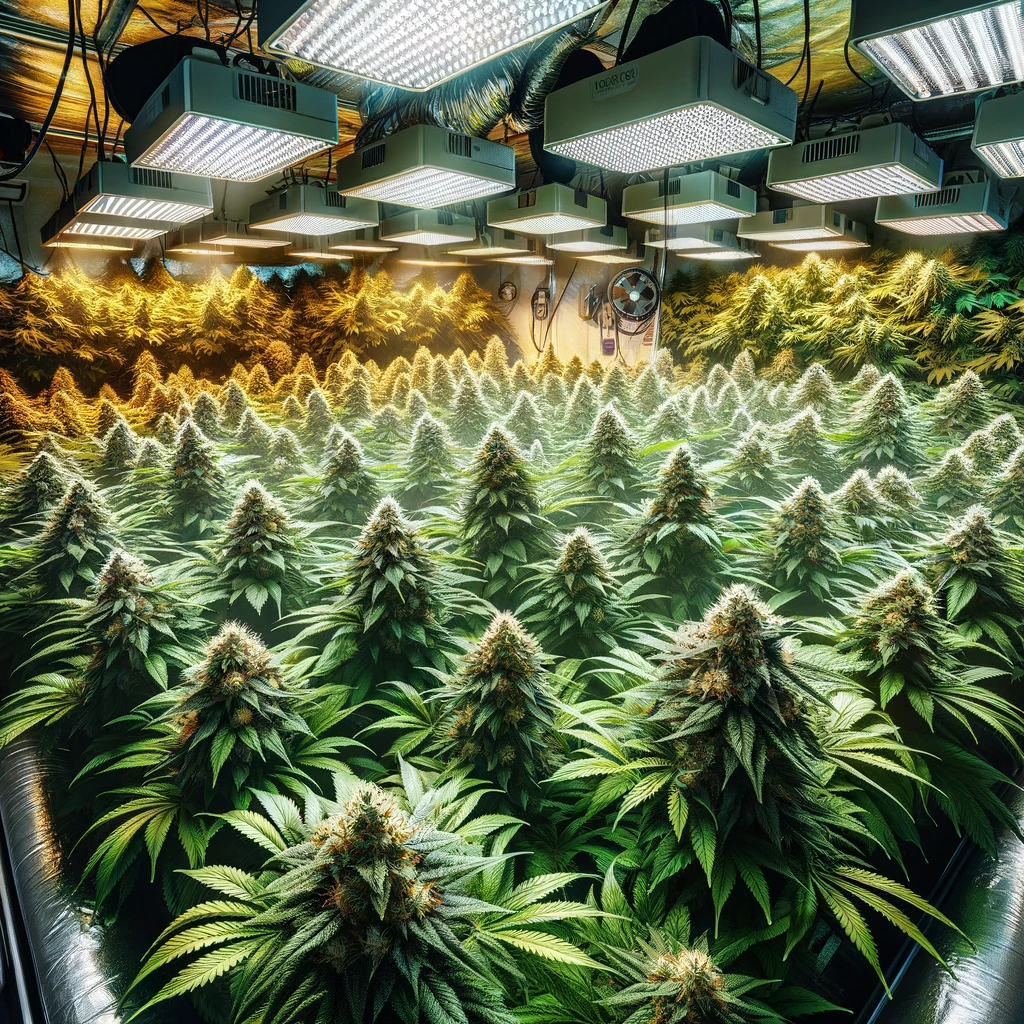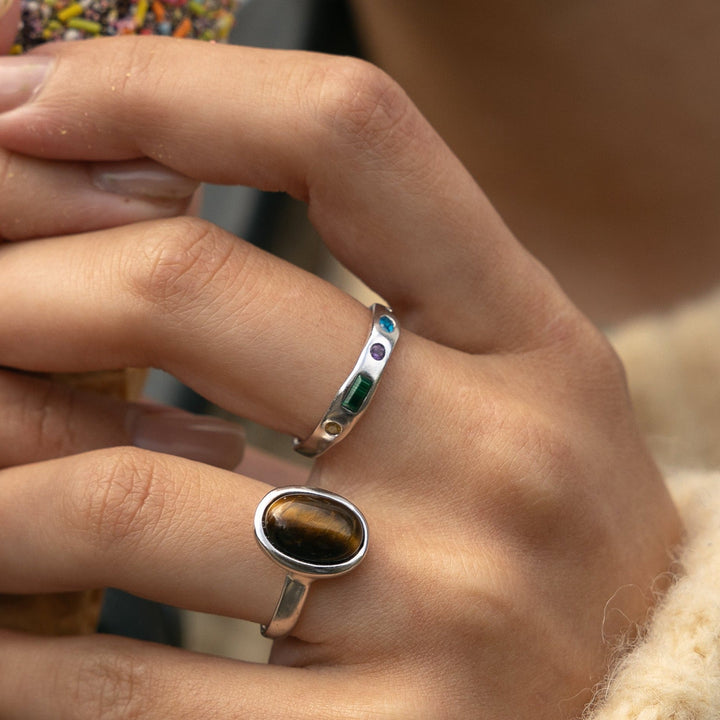
After the passing of the 2018 Farm Bill, all the legal restrictions on industrial hemp were removed. This means that hemp-derived products with less than 0.3% THC content became legal federally. CBD is one of the most sought-after hemp-derived compounds. Its non-psychoactive profile and beneficial therapeutic effects have made it a popular alternative source of medicine. Besides that, CBD is available in several forms and strengths. This article offers a review of CBD oil for anxiety, what research says, how to use it, and potential side effects.
CBD for Anxiety
Cannabidiol (CBD) is one of the prevalent compounds in the cannabis plant. It has many health benefits that make it ideal for managing mental, emotional, and physical health complications. It has anti-anxiety, anti-inflammatory, anti-depressant properties, etc. As a result, it may be one of the most effective organic compounds for reducing anxiety.
What Does the Research Evidence Say?
Research evidence suggests that CBD can treat anxiety by acting on serotonin receptors. The organic cannabis compound has shown that it can act as an agonist to serotonin. By activating this receptor, the body can experience the following positive effects:
- Analgesic or painkiller
- Prosocial
- Anxiolytic or anxiety-reducing
- Reduced aggression
- Minimized impulsivity
It should be noted that by increasing the activity of serotonin neurotransmitters, i.e., the ‘happiness hormone,’ your anxiety levels will reduce. Besides that, evidence suggests that CBD can change ingrained fear-response connections. This can happen by altering ingrained and conditioned fear responses in the brain and nervous system. Clinical and preclinical evidence suggests that CBD is effective in treating several types of anxiety disorders, including:
- Panic disorder
- Social anxiety disorder (SAD)
- Generalized anxiety disorder (GAD)
- Post-traumatic stress disorder (PTSD)
- Obsessive-compulsive disorder (OCD)
How to Use CBD for Anxiety?
CBD is a versatile cannabis compound, and you can use it to reduce anxiety in several ways. It can be externally through topical application. Some people also use CBD in edibles, tinctures, and others. Note that the best CBD oil for anxiety can be found in the form of:
- Oils and tinctures: you can use such products sublingually. Simply apply a few oil drops under the tongue and wait a few seconds before spitting. The CBD compound will find its way into the bloodstream via the blood capillaries.
- Gummies: they are sweet, delicious, and chewable edibles for oral intake. Most of them are usually fruit flavored.
- Sprays: they usually come in bottles with nozzles. You need to spray the product in the mouth.
- Vapes: these CBD products are for inhalation. People like vapes since they provide almost instant effects. To use vapes, the vaporizer should be heated to produce heat, resulting in an inhalable vapor.
- Capsules or soft gels: you need to take them individually like pills.
- Gels, creams, balms, and lotions: they are topical products for skin application. These products are ideal for providing users with localized treatment.
CBD Dosing for Anxiety
Finding the right dosing for CBD for anxiety is usually tricky. This is because there is still no universal dosage recommendation. According to experts, it’s suitable for consumers to start with smaller dosages and then work their way up until they find what works for them. This is important because people react differently to CBD products. Additionally, factors such as weight, the severity of the underlying medical condition, metabolism, age, and gender are all critical in determining the right dosage.
It should be noted that most clinical trials for dosage usually start with high doses. research indicates that successful doses that evidently provided anxiety relief include:
- 300 mg in male patients in a speech simulation
- 600 mg in patients with SAD in a speech simulation.
However, this study trial also found much lower doses to be still quite effective in managing anxiety symptoms. They include:
- 33 mg – 49 mg daily for PTSD plus routine psychiatric treatment.
- 25 mg – 75 mg for sleep problems / generalized anxiety.
Besides that, another study with hundreds of patients indicated that taking 40 mg to 300 mg of CBD daily can result in a successful treatment. This only further proves that CBD dosage varies significantly, and you have to work gradually to find what is suitable for you.
Is It Safe to Use CBD for Relieving Anxiety?
CBD in general has a safer profile. It’s a natural compound that’s well-tolerated. It should be noted that choosing the best CBD oil for anxiety guarantees you even more safety since the products are usually organic. However, this doesn’t completely eliminate the fact that CBD can cause unwanted side effects.
People react differently to similar CBD products. This is due to the fact that we have different types of metabolism, genetics, underlying health issues, etc. Some of the risks and potential side effects of using CBD oil for anxiety include:
- Drowsiness
- Nausea
- Upset stomach
- Diarrhea
- Change in appetite
- Weight gain
CBD oil can interact with certain medications, thereby enhancing or downgrading their effects. Besides that, individuals with preexisting liver injuries should exercise caution when using CBD products. In case of severe side effects, seek immediate medical assistance.
Final Thoughts
CBD has strong anti-anxiety properties that can make it effective for managing anxiety symptoms. It works naturally to activate the functions of the serotonin receptors. By activating this “happy hormone,” the user feels a sense of calmness and improved focus. Besides that, it reduces impulsivity and aggressiveness and encourages the user to be prosocial. You can use CBD for anxiety to manage panic disorder, generalized anxiety disorder, and PTSD symptoms.
But regardless of its effectiveness and good safety profile, CBD can still result in unwanted side effects. This usually occurs due to metabolic reactions and interactions with certain medications. To avoid this, start your CBD intake with a smaller dosage and then gradually increase your intake until you find what works for you. Additionally, you can seek the assistance of your primary healthcare physician.


